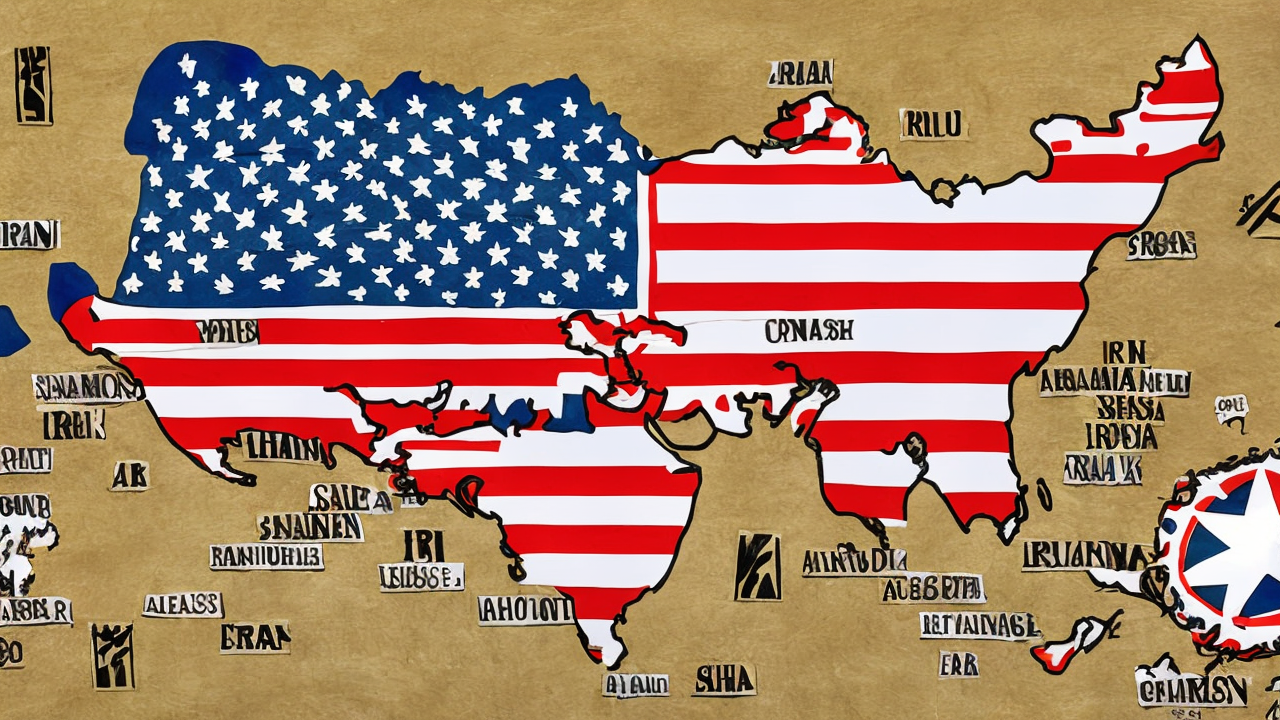Iran: A Potential Flashpoint in Global Tensions

Iran remains a critical flashpoint in the escalating global conflict, despite recent military actions aimed at curbing its influence. The regime's resilience has allowed it to maintain its stance, continuing its pursuit of nuclear capabilities. While Iran currently lacks the ability to develop nuclear weapons independently, its close ties with China raise concerns about acquiring such technology through external means.
China's deepening partnership with Iran, marked by a 25-year cooperation agreement, underscores the strategic importance of Iran to China's geopolitical ambitions. Recent reports of Chinese military freighters delivering unspecified cargo to Iran have heightened suspicions about the nature of their collaboration, with analysts speculating about the transfer of sensitive technologies, including drones or even nuclear materials.
To neutralize Iran as a potential catalyst for global conflict, regime change is seen as the most viable solution. This would involve replacing the current theocratic government with a representative democracy. However, the transition must be carefully managed to ensure that Iran's new leadership aligns with democratic principles and does not fall under the influence of ideological factions, such as Marxist groups masquerading as reformists.
Achieving this outcome would require international cooperation, with boots-on-the-ground support from the U.S. and its allies, coupled with guidance to establish a stable democratic framework. The stakes are high, as the fate of Iran could significantly impact the broader geopolitical landscape.
Published: 8/2/2025
















